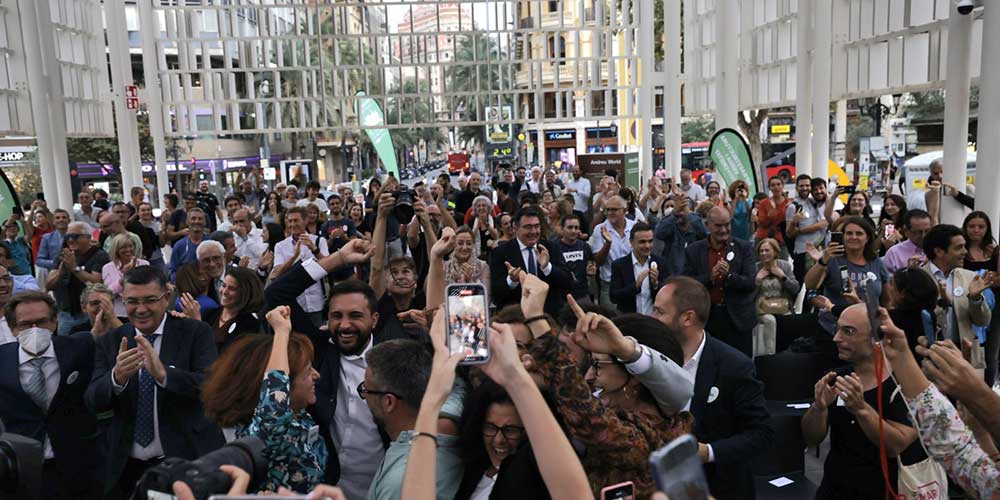València, European Green Capital 2024. What does it mean?

By 2050, 68% of the world’s population will live in cities. How do you want to live? In a concrete labyrinth or in harmony with nature? The choice is ours. And the citizens of València, the European Green Capital 2024, already know where they stand.
The greenest city
After a highly competitive annual call aligned with the United Nations Sustainable Development Goals, the European Green Pact and the Paris Agreement, the city located on the east coast of Spain has been distinguished by the European Commission as a 2024 benchmark for urban sustainability.
This award is very important because the European Green Capital inspires others to improve their practices and move towards a more sustainable planet. It gives the selected city the opportunity to showcase its best environmental practices and projects, while generating a positive impact on the local economy and tourism, raising the environmental awareness of residents and visitors and promoting sustainability. After all, it is not only a recognition for Valencia, but a milestone for the whole of Spain and an inspiring example for the rest of the world.
Where nature and the city create synergies
In recent years, València has focused its efforts on reducing its environmental impact. Historically, it is surrounded by a great ancient orchard, L’Horta, a space that is part of its economy and its idiosyncrasy and that is shaped as a direct supplier of local and seasonal products.
In addition to this environment, there is the natural area of the Albufera, half an hour from the city, a unique space that is home to wild species and where artisanal fishing is still practised. And the landscape is completed with the longest linear garden in Europe, the Turia Garden.
In addition to this green lung, there is also human capital. Citizens of the city hold water in very high esteem, and the historical irrigation system of L’Horta (recognised by FAO for its heritage value) and the Water Court are clear examples of this. This former legal entity meets every Thursday to mediate on conflicts arising from the eight irrigation ditches that nourish the fields of Valencia and as a living reminder that water stress is a reality.
The Mediterranean city also has the Tira de Contar, a system that brings a local product closer to more people. For Valencians it is not only a means for producers to sell their food, but at the same time it is synonymous with dignity, hard work, values and love for the land.
There is more. València also:
- promotes self-generation of energy with renewable energies
- is firmly committed to reducing carbon emissions in the food sector, promoting the consumption of local food, such as Valencian tomatoes and local fish species
- promotes projects such as Sustentable, the first Valencian gastronomic excellence guide that takes into account food sustainability
- fights against food waste
- landscapes its large avenues and the city’s parks
- works to reduce the environmental impact of the tourism sector, offering increasingly planet-friendly alternatives and attracting environmentally conscious tourists
In addition to helping the planet, the most obvious result is that these conditions greatly improve people’s quality of life. In fact, 90% of them live at least 300 metres from a green urban area. Also, it is possible to enjoy a network of 160 kilometres of bicycle lanes that run through the city to promote citizens’ health and help reduce CO2 emissions.
As you can see, when economy and sustainability go hand in hand, we create healthy urban areas for all people. What sustainable practices has your city adopted?
